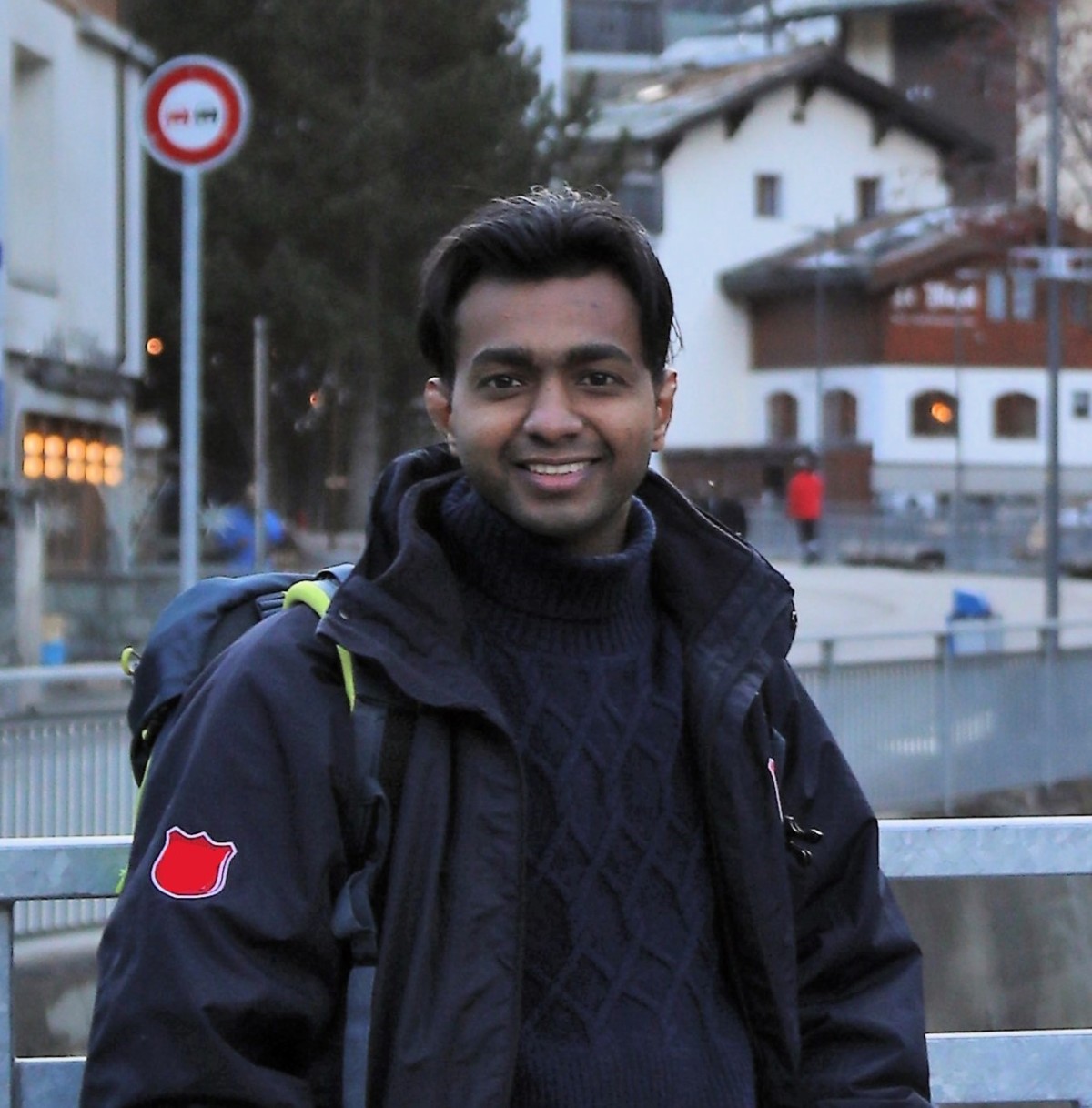Cloud Condensation Nuclei Activation
In addition to aeorocol-ice-cloud interactions (ice nucleation), our interest in aerosol-cloud-interactions requires understanding formation of warmer liquid phase clouds. To do this, we study the cloud condensation nuclei activation of aerosol particles with different physical and chemical properties. Currently, we are conducting research on the influence of semi volatile organics and surfactants in aerosol on their CCN activation. This work is being conducted in the frame work of the external page ORACLE project and will entail using a commercial CCN Counter (see below) and developing a new CCN counter with the thermal gradient diffusion chamber concept that can operate at lower temperatures than the commercial CCN counter so as to avoid partitioning of semi volatiles from the aerosol to the gas-phase. Mayur Sapkal (see below) is responsible for developing the new CCN counter as part of his PhD project.
The Cloud Condensation Nuclei Counter (CCNC) is a countinuous-flow streamwise thermal-gradient CCN counter which is commercially available from Droplet Measurement Technologies (DMT), Boulder, CO, USA (Figure). The main component of the instrument is a vertical column in which a certain supersaturation of water vapor is etablished. The sampled aerosol particles are guided within a sheath flow through this column and can get activated into droplets, depending on the supersaturation and on the particles’ ability to act as CCN. An optical particle counter measures the numbers of activated droplets using side-scattering technology. The Cloud Condensation Nuclei (CCN) Counter is based on the design of external page Dr. Greg Roberts of Scripps Institute of Oceanography and external page Prof. Dr. Athanasios Nenes of École Polytechnique Féderale Lausanne (EPFL). The patent for their design is licensed exclusively to DMT, patent number 7,656,510.
The CCNC is theroretically able to establish supersaturations from 0.07% to 2.0% which is a representative range of supersaturations experienced in the atmosphere for different cloud types.
- Location location_onCHN P 11
- Phone phone+41 44 633 27 44
- Emailemailmayur.sapkal@env.ethz.ch
- web_asset Website
- contactsvCard Download
Experimentelle Atmosphärenphysik
Universitätstrasse 16
8092
Zürich
Switzerland

Contact
- Location location_onCHN O 12.3
- Phone phone+41 44 633 61 61
- Emailemailzamin.kanji@env.ethz.ch
- web_asset Website
- contactsvCard Download
Institut für Atmosphäre und Klima
Universitätstrasse 16
8092
Zürich
Switzerland
